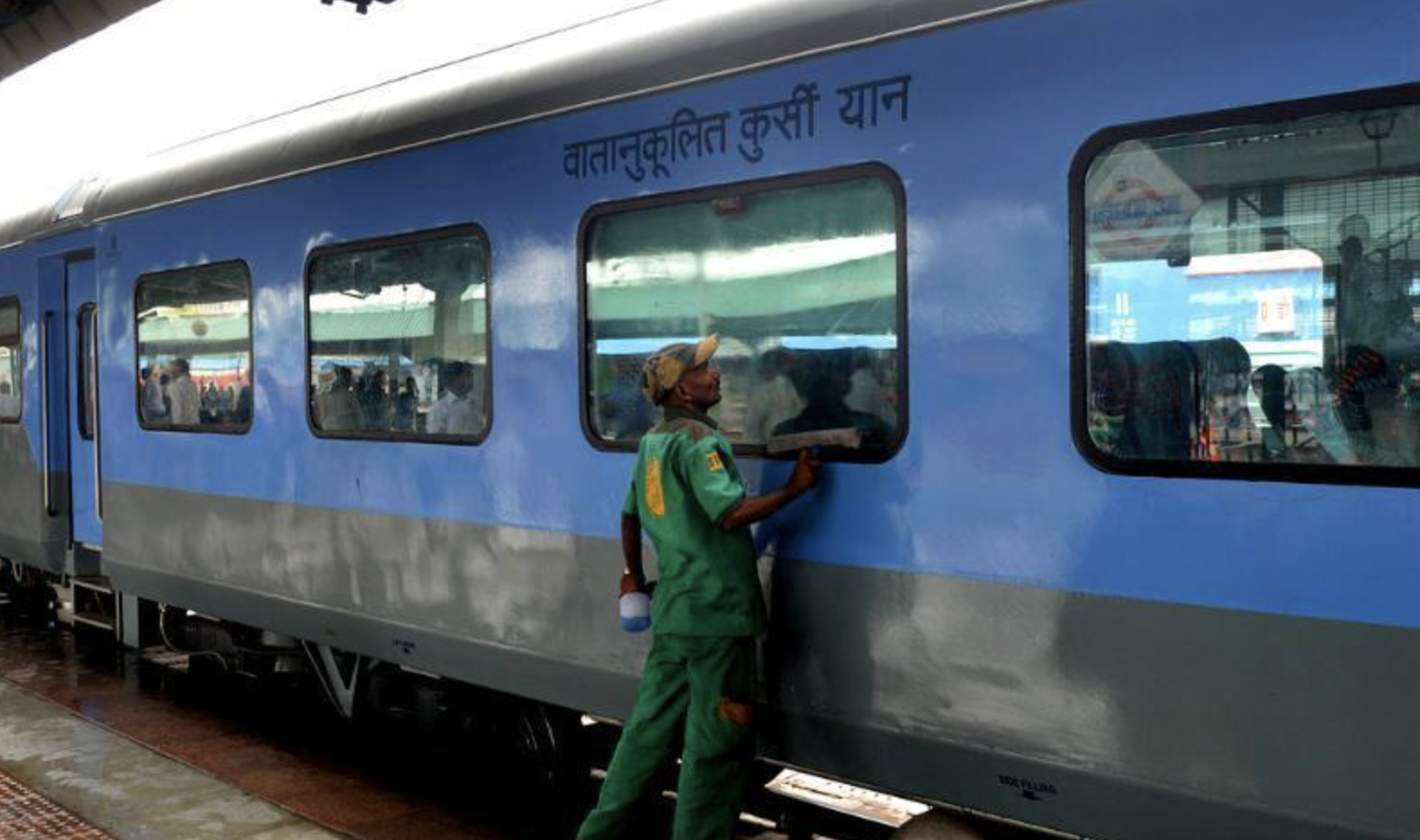The Telecom Regulatory Authority of India (TRAI) has unequivocally denied any plans to impose charges on customers for holding multiple SIM cards or numbering resources. This clarification came after speculation arose from a consultation paper issued by TRAI regarding the efficient use of numbering resources in the telecom sector.

Addressing Speculation and False Claims
TRAI’s consultation paper had sparked rumors and concerns that users might face additional charges for holding multiple SIM cards. However, TRAI has firmly stated, “The speculation that TRAI intends to impose charges on customers for holding multiple SIMs/ numbering resources is unequivocally false.” This statement aims to reassure consumers who were worried about potential extra costs.
Background of the Consultation Paper
The consultation paper initially proposed that telecom companies might be charged for holding multiple phone numbers to promote better resource utilization. This proposal was part of a broader effort to ensure efficient use of finite public resources, including phone numbers, which TRAI described as “an exceedingly valuable public resource.”
Potential Impact on Telecom Operators
While TRAI does not plan to impose charges directly on consumers, it suggested that telecom operators might face charges for numbering resources. These costs could be passed on to consumers indirectly, but this remains a topic for further discussion and analysis. Telecom giants like Reliance Jio, Bharti Airtel, and Vodafone Idea (Vi) may adjust their pricing structures, potentially pushing customers towards tier-based postpaid plans.
Efficient Utilization of Numbering Resources
TRAI emphasized that the ownership of numbering resources resides with the government, which grants usage rights to telecom operators. To ensure these resources are used efficiently, TRAI is considering various methods, including one-time charges, annual recurring charges, or centralized auctions for vanity numbers. Additionally, penalties for unused numbers might be imposed on operators to prevent hoarding and ensure active utilization.
Ensuring Judicious Use
TRAI believes that imposing charges on numbering resources can promote their judicious and efficient use. This approach aligns with the broader goal of managing finite public resources effectively, especially in the context of the growing demands of 5G, machine-to-machine communications, and the Internet of Things (IoT).
Conclusion
TRAI’s clarification provides much-needed relief to consumers concerned about potential extra charges for holding multiple phone numbers. While telecom operators might face new charges for numbering resources, the direct impact on consumers remains uncertain. The focus remains on ensuring efficient utilization of these valuable public resources without imposing undue burdens on users.
Summary
Speculation about TRAI charging customers for holding multiple SIMs has been debunked. The Telecom Regulatory Authority of India clarified it has no plans to impose such charges. Instead, potential charges may be levied on telecom operators for efficient use of numbering resources, aiming to manage finite public resources without directly impacting consumers.












